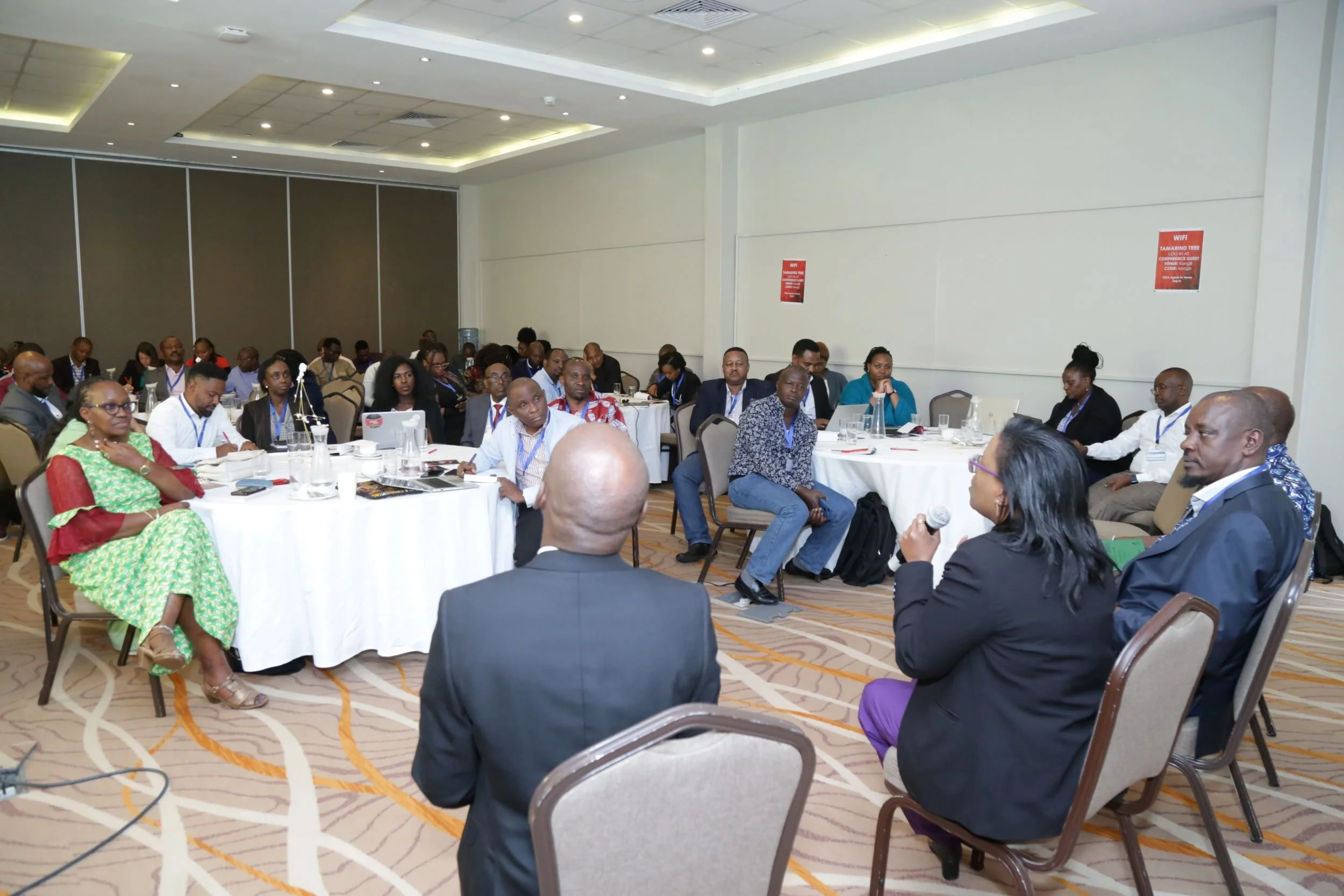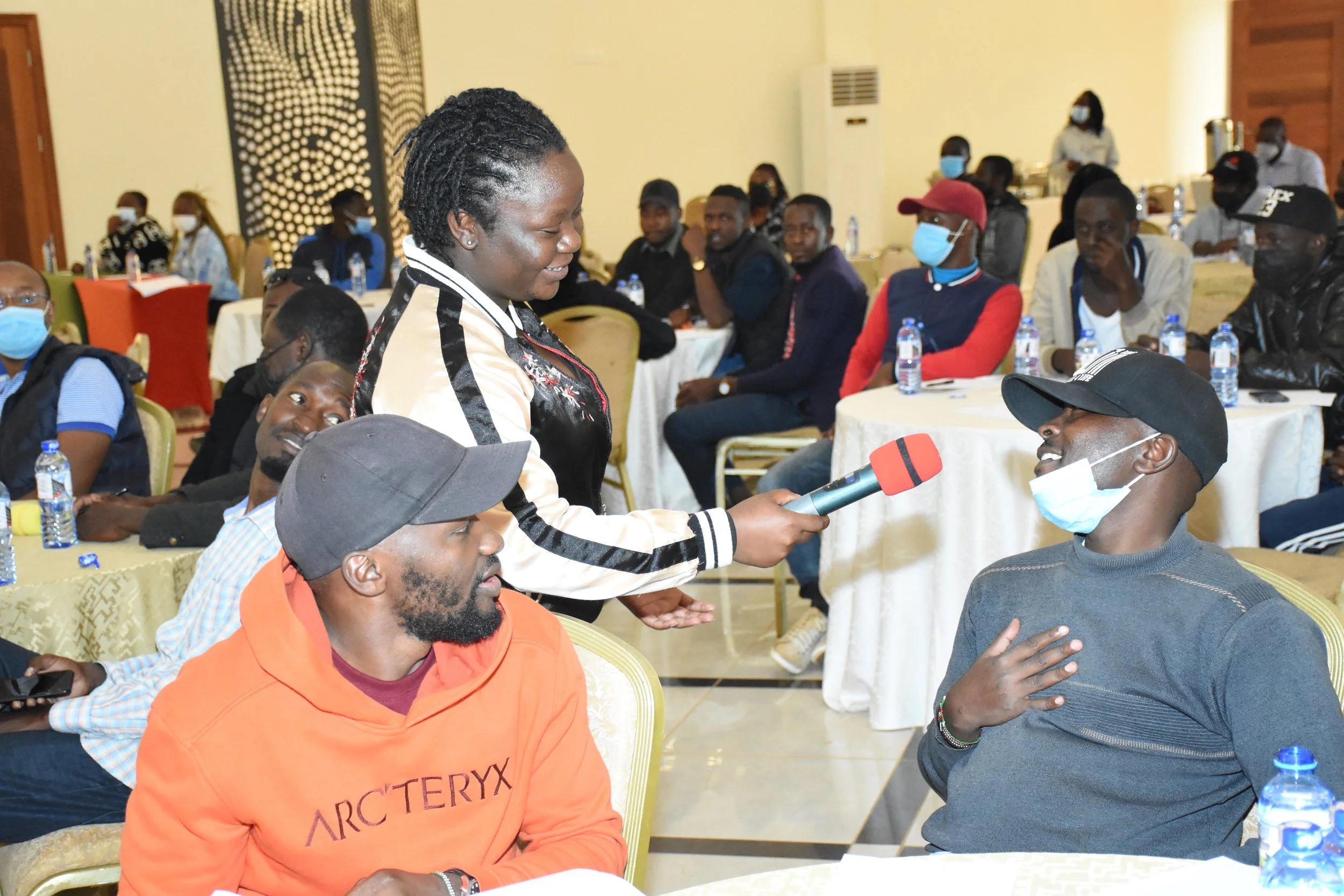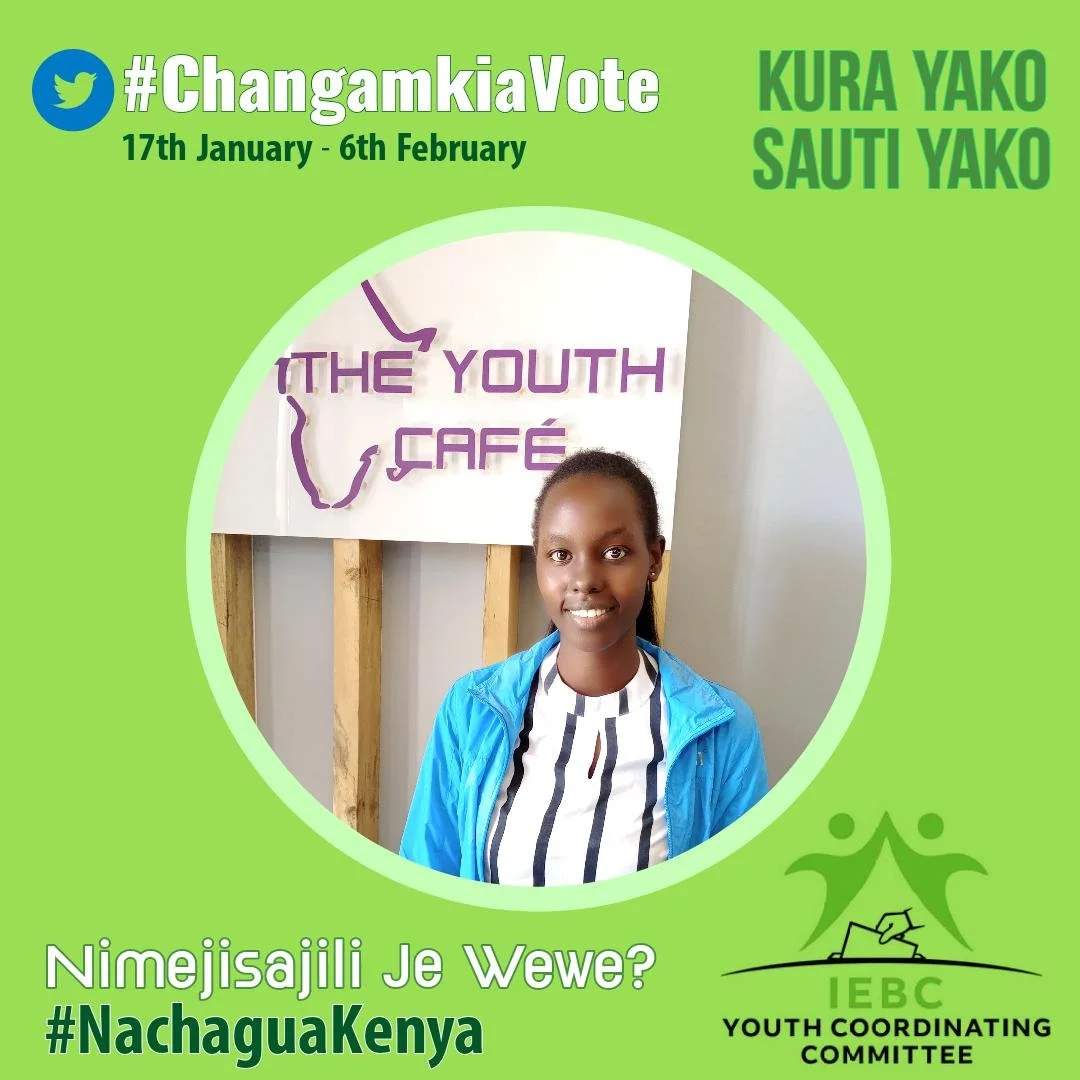During these unprecedented times, it is more important than ever that governments, policymakers, academics, business leaders and civil society come together to find innovative ways of supporting communities and providing hope to younger generations. The pandemic has further highlighted and exacerbated the existing inequalities in our societies, with respect to access to resources, information and power dynamics. Children and young people are among the hardest hit; girls and young women in particular have been disproportionately impacted.
PACT FOR THE FUTURE |PART TWO
We commit to achieving a world in which humanity lives in harmony with nature, to conserving and sustainably using our planet’s marine and terrestrial resources, including through sustainable lifestyles, and sustainable consumption and production, to reversing the trends of environmental degradation, to promoting resilience, to reducing disaster risk, and to halting ecosystem degradation and biodiversity loss. We will conserve and sustainably use oceans and seas, freshwater resources, as well as forests, mountains and dry lands and protect biodiversity, ecosystems and wildlife.
A Position Statement on Climate Change and Health for COP28
We, The Youth Cafe, recognise the urgency of addressing climate change, with Africa facing heightened vulnerability to its devastating impacts. The latest findings from the IPCC’s Special Report on Global Warming reveal that our planet is now 1.1 degrees Celsius warmer than pre-industrial levels, with projections indicating a potential 1.5-degree threshold as early as 2040. Disturbingly, each successive decade since 1850 has been more generous than the last. The escalating temperature trend driven by human-induced greenhouse emissions threatens health, food security, and economic stability. According to the World Health Organization (WHO), approximately 250,000 deaths per year may be directly linked to climate change-related issues such as heat stress, malnutrition, vector-borne diseases and water-borne diseases.
The Youth Cafe's Advocacy Accelerator | Sustainability Of Country-Based Advocacy –
Our platforms will enable donors to be part of these exchanges, and we also build the capacities of TAs to link with advocates. We build the sustainability of country-based advocacy – ensuring that your funding investments are sustainable. Five things you need to know about the Advocacy Accelerator:
Financial Inclusion Of Young People | Innovation To Drive Equitable Access To Financial Services
Unlocking Finance To Build Forward Better From The Covid-19 Crisis & Accelerate Delivery Of Sustainable Development.
The African government's economic crisis over the Covid-19 Pandemic equals (1 to 7)% of their GDP, contributed by African Governments deploying fewer funds and measures for high-quality recovery. At The Youth Café, we believe that there is a need for financial education. This will increase unlocking finance to build forward better from COVID-19 and accelerate delivery on Sustainable Development as intended: To identify effective measures to address the overarching challenge of mobilizing adequate and sustainable finance to invest in sustainable recovery from the COVID-19 crisis and accelerate the implementation of the 2030 Agenda and Agenda 2063. To identify and articulate the financing needs and provide high-level insights on opportunities to mobilize finance, focusing on the role of the Liquidity and Sustainability Facility designed and launched by ECA and partners.
How Does The Youth Café Promote Critical Citizenship Among Youth In Kenya?
The Youth Café trains the youth on civic education driven by result-oriented, evidence-based performance, which informs Our Theory of Change: A Pathway for Action, Sustainability, Results, Learning, and Adoption. These changes include institutional changes, service systems, community norms, partnerships, public will, policies, regulations, service practices, business practices, and issue visibility.
The High-Level Global Conference On Youth-Inclusive Peace process | The Youth Café.
The High-Level Global Conference on Youth-Inclusive Peace Process was held virtually on 20-21 January 2022, co-hosted by Qatar, Finland, and Colombia, and co-organized with civil society and UN partners. It began with a Youth Pre-Event on 19 January 2022, leading up to the Global Conference on 20-21 January 2022. The high-level conference aimed to secure national commitments to advance the country-level operationalization of the Youth Peace Security agenda and strengthen political will and commitment to including youth in peace processes. Interactive and action-oriented discussions convened across five themes building on the Youth Peace Security agenda between Heads of State and other High-Level Government representatives, young peacebuilders, and representatives of intergovernmental organizations, CSOs, academia, and donors.
How Can We Get More Young People To Register As Voters.
Acknowledging the dire need for increased youth participation in the electoral process, The Youth Café has been working on ways to get more young people to register as voters. Research by the Office of the United Nations High Commissioner for Human Rights (OHCHR), shows that the youth could be largely categorized in three distinct demographics, classified according to age; with the first demographic being young people aged between 18-24 years, then 25-29 years and 30-35 years. Each of these key demographics will require a different approach to get them to register as voters.
The Youth Café Discussions With The Chief Justice On Social Transformation Through Access To Justice.
In commemoration of the International Day of Democracy, a section of the Civil Societies Organizations, The International Commission of Jurists, International Justice Mission Kenya, Kenya Human Rights Commission, Amnesty International Kenya, Centre of Rights Education and Awareness, Transparency International- Kenya, and The Youth Café held a virtual meeting with the Chief Justice, the president of the Supreme Court, honorable Lady Justice Martha Koome, On September 17, 2021, to deliberate on collaborations and contributions towards the implementation of the Chief Justice’s vision of social transformation through access to justice.









